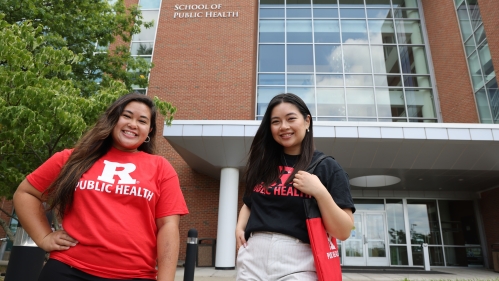Academic Freedom
Public health research, education, and community engagement is rigorous, innovative, and responsive to the evolving needs of diverse populations, while protecting the intellectual independence necessary to address the determinants of health, confront systems of oppression, and advocate for evidence-based policies that improve health for all.
